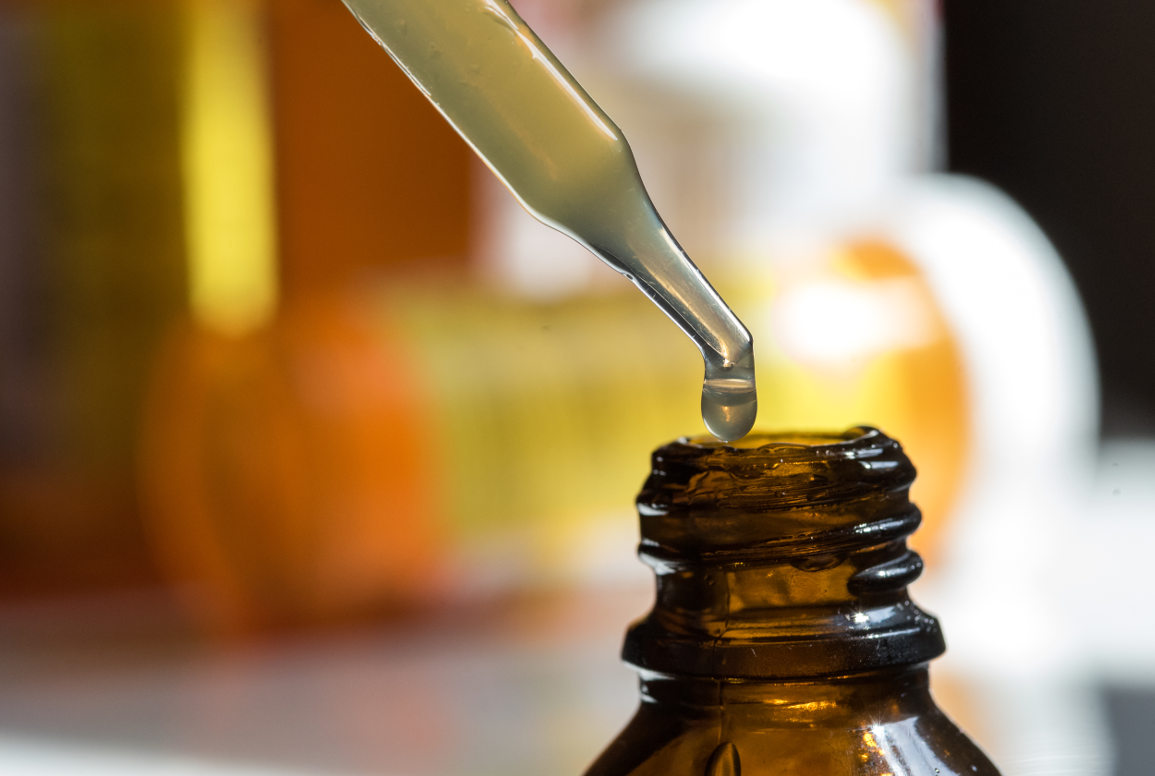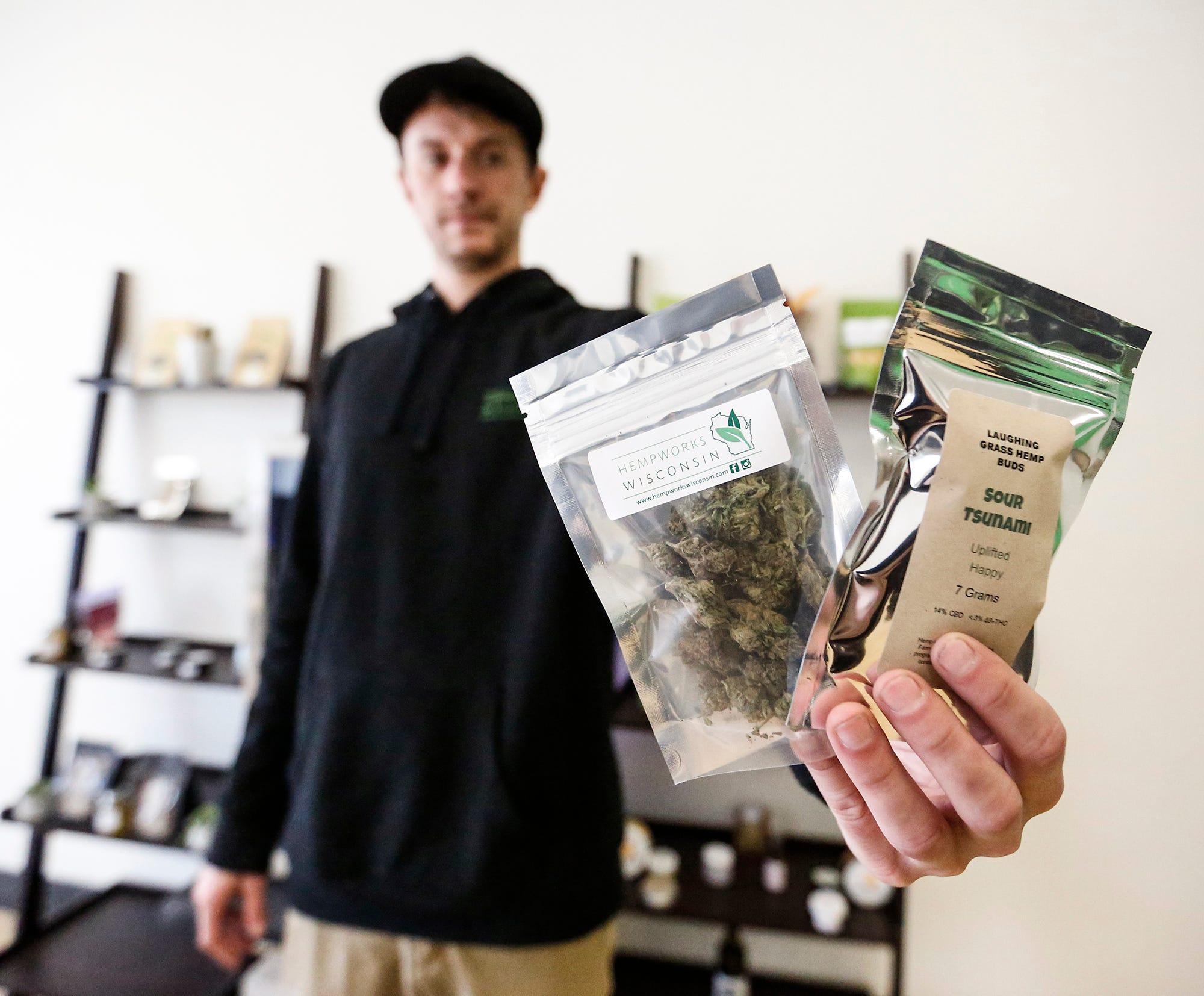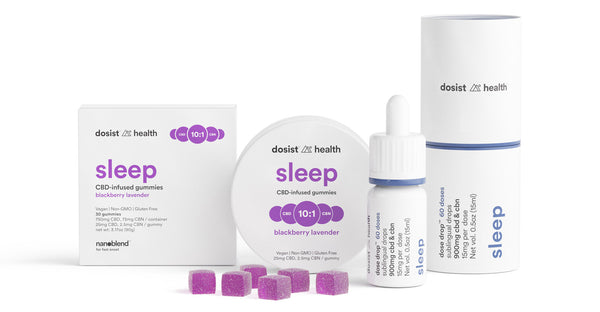
CBD is not a controlled compound according to the FDA. While the FDA doesn't have any evidence to contradict its conclusion, it is open to receiving additional evidence about CBD. The FDA doesn't think CBD is a gateway medication. As such, the FDA will not ban CBD products until it has evidence that CBD is safe for humans.
Reviewers were pleased with the depth and breadth of the literature reviews.
The FDA literature review included studies that investigated the safety of CBD. It also discussed the effects of CBD on hepatic enzymes and Hy's Law. The information in the document was deemed accurate and comprehensive by the reviewers. The document was well organized, and the process of identifying specific studies was clear.
FDA is concerned at the increase in CBD-infused products. While the FDA has not approved any of these products for medical use, they are readily available online and widely available in the country. This increases public health concerns. Patients may be unable to access approved treatments.

Conclusions
The FDA is the regulatory body for the CBD industry and its products. Its policy regarding CBD products does not have a lot of popularity. The FDA has determined that CBD is not a diet supplement and that CBD should not be added to foods or beverages. Many industry leaders aren't pleased with this policy. Calls for change are increasing louder every day. A recent FDA study found that only half of all products tested contained CBD in a level of 20 percent or less. In addition, some products contained THC, which is psychoactive.
Despite high-quality research supporting CBD, FDA still hasn't updated their literature review. The FDA has not reached a conclusion based upon these findings. Instead, the document is a collection of evidence from various sources. It also lacks a guideline for further patient management.
Limitations
CBD products can have numerous benefits. However, the FDA has raised concerns. Even though CBD products might have therapeutic benefits for some, the FDA has not yet approved CBD products for human use. The FDA considers misleading marketing of unapproved treatments to pose a public health risk. It is concerned about misleading and unsubstantiated claims regarding CBD products that could mislead patients as well as the public. As such, the FDA is taking a cautious approach and is taking steps to protect public health.
Many companies continue to sell CBD products despite FDA warnings. Hope Botanicals is one example. Kahm CBD and Kingdom Harvest market their products as nutritional supplements. This is a violation to the FDA's definition a dietary supplement. The FDA has requested that these companies respond within 15 days. Failure to do so may result in legal action.

Recommendations
FDA is concerned about consumers who have put off seeking medical attention and relied instead on unproven claims regarding CBD products that were not approved. Four companies were found to be marketing products that claimed to reduce anxiety in humans and animals. Anxiety in animals can be a sign of a variety of medical conditions and should be treated with veterinary care.
Although CBD is not approved by FDA for any specific condition, the FDA has approved three drugs derived from marijuana. These products can only be obtained by prescription from a licensed health provider. Epidiolex (a purified CBD extract) is one of these. This is used to treat seizures caused by LennoxGastaut, Tuberous sclerosis Complex, and others.
FAQ
What is the future in CBD?
The future for CBD is bright. It's clear to see why so many people have jumped on this industry. With CBD products making up over $1Billion worldwide, it's easy for people to see why this market has grown exponentially.
According to Statista, worldwide sales of cannabidiol (CBD), are expected to hit $22.4 billion in 2019. This is almost 200% more than 2018!
The CBD market is also forecast to grow at 22.5% compound annual growth rate, which would result in nearly $6.8B in revenue by 2022.
This is great news both for those looking to enter the market as well as existing companies. We must remember that the CBD market still has a lot of work ahead.
Which states have the highest CBD intake?
California, Colorado and Oregon are the top three states. These states are home to large populations with high incomes and low unemployment rates. They also have higher levels of hemp farming than other states.
California leads the way because its economy is heavily based on agriculture. It produces the majority of the nation’s fruits and veggies. Because cannabis comes from the same plant that hemp, this makes sense.
Oregon and Colorado are close behind, as they both grow marijuana for medical purposes. These two states, however, do not permit the recreational use of marijuana, as California does.
Other states that rank high include Washington, New York. Florida, Illinois. Pennsylvania. Mississippi.
What are some of the common mistakes that companies make when entering America's cannabinoid market
Not understanding the regulations for cannabis products is a first mistake. This could be a sign that your product formulation needs to be changed.
Unskilled labeling is the second. It is important to determine if your product contains CBD or THC.
Third, it is important to understand how to properly package your product. If your product contains THC you should ensure that it's packaged in child-resistant containers.
If your product does NOT contain THC you should still adhere to all packaging laws. There is a lot of states where cannabidiol, or CBD (CBD), is legal.
It is important to track recalls of your products. If your product is defective, you should notify customers immediately.
How can companies successfully market CBD products in a regulation-compliant manner?
The FDA does not regulate hemp for its agricultural commodities. The FDA regulates cannabis derivatives (e.g. marijuana) under the Controlled Substances Act. There are currently no regulations regarding CBD.
CBD is legal at state level in 29 US states. Federal law considers it illegal. Businesses looking to sell CBD products are left in uncertainty.
The FDA has strict guidelines regarding how CBD products can be promoted. THC content must be clearly disclosed. Without scientific evidence supporting this claim, CBD cannot be used to treat certain medical conditions.
Additional information is required by the FDA regarding manufacturers' manufacturing practices, quality control measures, and other details. Companies are also required to participate in clinical trials in order to demonstrate safety and efficacy.
Companies should consider these factors when developing their own marketing strategies.
Statistics
- The inhibition of FAAH is predicted to lead to an increase in brain and plasma concentrations of AEA, which acts as a partial agonist at CB1R and CB2R, thereby increasing endocannabinoid tone [92, 110]. (ncbi.nlm.nih.gov)
- A recent systematic review of human trials also reported that individuals with epilepsy receiving CBD (5–20 mg·kg−1·day−1) were more likely to experience decreased appetite than those receiving placebo (i.e., ~20 vs. 5% of patients) (ncbi.nlm.nih.gov)
- A recent study [161] also found that in vitro CBD treatment (i.e., ≤ 2 h exposure to 10 μM) induced ~40% vasorelaxation in isolated (pre-constricted) (ncbi.nlm.nih.gov)
- OralWhere HED is the human equivalent dose, and Km is a correction factor estimated by dividing the average body mass (BM) of the species (60, 0.020, and 0.150 kg for 11 humans, mice, and rats, respectively) and by its surface area (see: Nair et al. (ncbi.nlm.nih.gov)
- CBD seems unlikely to directly influence sleep in healthy humans [115] (and maybe “sleep-promoting” in those with certain comorbid conditions) (ncbi.nlm.nih.gov)
External Links
How To
What are the common issues in the CBD industry?
The market for CBD products continues to grow at an amazing rate. There are many hurdles businesses face when trying to enter the CBD market. These include a lack of consumer awareness, high cost of entry, limited access to capital, and regulatory uncertainty.
Many consumers don't understand what CBD is and how it works. This makes it difficult for consumers to make informed decisions on whether or not they want CBD products.
Most CBD companies rely heavily upon word-of mouth marketing. This can be costly as it involves advertising and staffing to promote the brand.
The high production costs are another issue that new entrants to the CBD industry face. High prices are a major problem for CBD products because of the high cost of raw materials. CBD oil is made from hemp that has been grown in particular climates.
For CBD oil to be produced, you need to plant enough hemp. This costs about $1,000 an acre. Many small farmers are unable or unwilling to invest in this product.
A lack of capital access is another problem that CBD market newcomers face. Banks discourage many people from starting a business because of the stigma attached to this industry.
There is also regulatory uncertainty around the sale of CBD products. There are no established guidelines regarding the marketing of CBD products.
Some states have passed legislation restricting the sale of CBD products, but this has yet to become national policy.
Only two states, Nevada and Maine, have yet to legalize recreational marijuana.
Massachusetts and Michigan are however considering similar measures.
These changes could cause increased competition among CBD manufacturers.
These factors are why many entrepreneurs prefer to work from home than open a physical store.